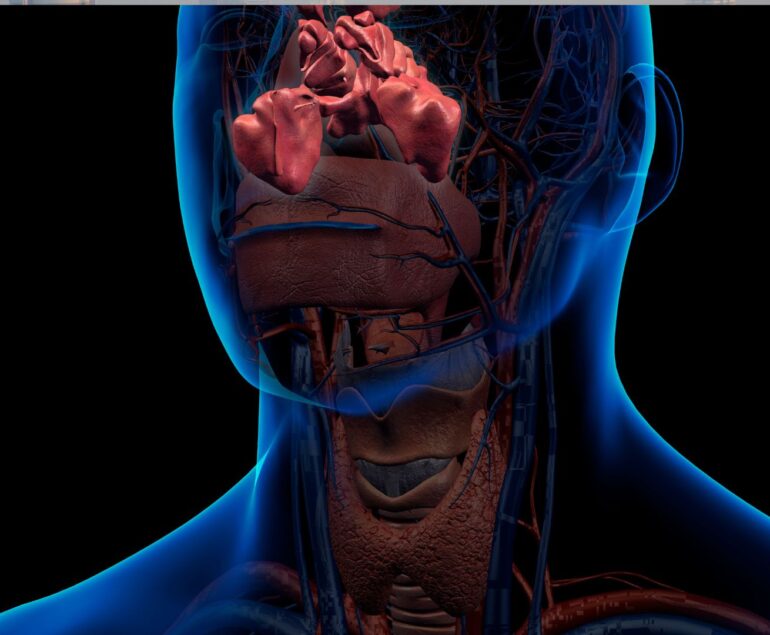The vestibular system, situated within the inner ear, plays a crucial role in maintaining balance, spatial orientation, and coordination of movements. When this delicate system is disrupted, it can lead to a range of debilitating conditions known as vestibular disorders. In this blog post, we will delve into the causes, symptoms, diagnostic procedures, treatment options, and preventive measures associated with vestibular disorders.
Introduction to Vestibular Disorders
Vestibular disorders encompass a spectrum of conditions affecting the inner ear and brain responsible for balance and spatial orientation. Understanding the underlying causes and available treatments is essential for managing these disorders effectively.
Anatomy and Function of the Vestibular System
The vestibular system consists of intricate structures such as the semicircular canals and otolithic organs, which detect motion and position of the head. This system communicates with the brain to maintain equilibrium and coordinate movements.
Common Vestibular Disorders
Conditions like Meniere’s disease, benign paroxysmal positional vertigo (BPPV), and vestibular migraines are among the most prevalent vestibular disorders. These disorders often manifest through symptoms like vertigo, dizziness, nausea, and imbalance.
Causes of Vestibular Disorders
Vestibular disorders can stem from various factors, including inner ear infections, head injuries, vestibular neuritis, and age-related degeneration. Identifying the underlying cause is crucial for devising an appropriate treatment plan.
Diagnostic Procedures for Vestibular Disorders
Diagnosis of vestibular disorders involves a comprehensive assessment, including balance tests, vestibular function tests, and imaging studies such as MRI or CT scans. These tests help healthcare professionals pinpoint the exact nature of the disorder.
Treatment Options for Vestibular Disorders
Treatment strategies may include medications to alleviate symptoms, vestibular rehabilitation therapy to improve balance and coordination, and in severe cases, surgical interventions like vestibular nerve section or labyrinthectomy.
Lifestyle Modifications for Managing Vestibular Disorders
Patients with vestibular disorders can benefit from lifestyle adjustments such as dietary changes, fall prevention strategies, and stress management techniques to minimize symptom exacerbation and enhance quality of life.
Holistic Approaches to Vestibular Health
In addition to conventional treatments, holistic approaches like acupuncture, yoga, and mindfulness practices have shown promise in alleviating symptoms and promoting overall well-being in individuals with vestibular disorders.
Research and Advancements in Vestibular Medicine
Ongoing research endeavors aim to develop innovative therapies and interventions for vestibular disorders, offering hope for improved outcomes and enhanced patient care in the future.
Impact of Vestibular Disorders on Mental Health
The psychological impact of vestibular disorders, including anxiety, depression, and social isolation, underscores the importance of addressing not only the physical symptoms but also the emotional well-being of patients.
Case Studies and Patient Experiences
Real-life accounts of individuals grappling with vestibular disorders provide valuable insights into the challenges they face and the resilience they demonstrate throughout their journey to recovery.
Preventive Measures for Vestibular Health
Educating the public about the signs and symptoms of vestibular disorders, promoting early detection, and advocating for regular check-ups can significantly contribute to preventing the onset or progression of these conditions.
Collaborative Care Approach
A collaborative approach involving ENT specialists, neurologists, physical therapists, and mental health professionals ensures comprehensive care tailored to the individual needs of patients with vestibular disorders.
Addressing Myths and Misconceptions
Dispelling myths and misconceptions surrounding vestibular disorders fosters greater awareness and understanding, facilitating timely diagnosis and appropriate management of these conditions.
Conclusion
In conclusion, enhancing our understanding of vestibular disorders is crucial for improving diagnosis, treatment, and overall quality of life for affected individuals. By exploring the causes, symptoms, and treatment options discussed in this article, we can better support those navigating the challenges of vestibular dysfunction.
FAQs
- Are vestibular disorders curable?
- While some vestibular disorders can be managed effectively with treatment, others may require ongoing management to alleviate symptoms and improve quality of life.
- Can vestibular rehabilitation therapy help everyone with vestibular disorders?
- Vestibular rehabilitation therapy is beneficial for many individuals with vestibular disorders, but its effectiveness may vary depending on the specific condition and individual factors.
- Are there any dietary restrictions for people with vestibular disorders?
- Certain dietary modifications, such as reducing salt intake, may be recommended for individuals with conditions like Meniere’s disease to help manage symptoms.
- Can stress worsen symptoms of vestibular disorders?
- Yes, stress and anxiety can exacerbate symptoms of vestibular disorders. Incorporating stress management techniques into daily routines may help alleviate these symptoms.
- Is surgery always necessary for treating vestibular disorders?
- Surgery is typically considered as a last resort for severe cases of vestibular disorders that do not respond to other treatments. It is essential to explore conservative treatment options first.
About Author:
Dr. Vivek Kumar Pathak: Renowned ENT Surgeon, Senior Professor, and Founder.
Dr. Pathak, ENT surgeon at Kailash Hospital, Senior ENT Professor at Sharda University, and founder of Entegrity Care, brings expertise and innovation to healthcare. Discover the visionary behind Doxtreat Healthcare, shaping the future of ENT care.
Website www.drvivekpathak.com
Call +917838450942
WhatsApp +91 78384 50942
Book an appointment with Dr. Vivek kumar Pathak by filling the form.




